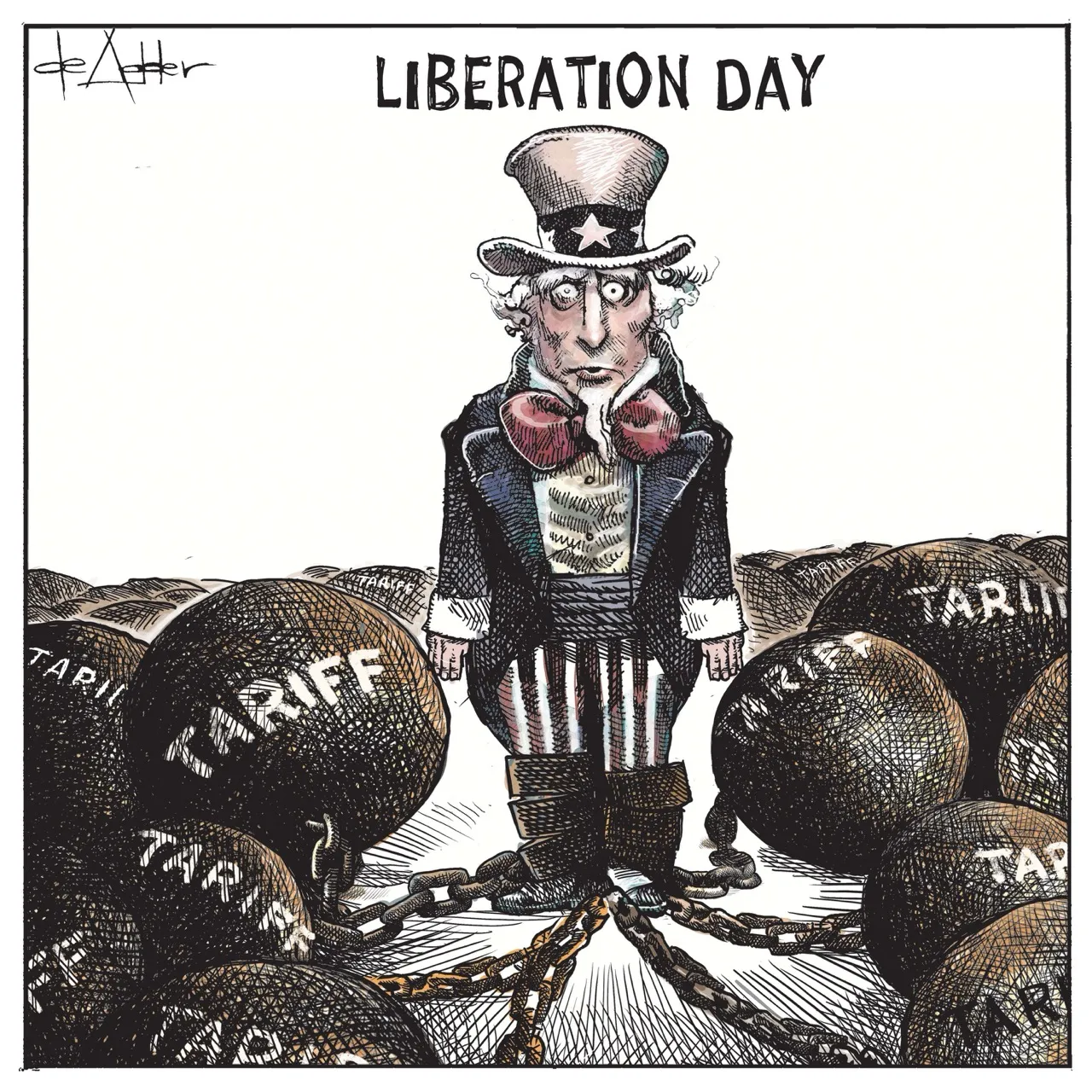Forget finding a cure for cancer
Nearly every modern medical treatment can be traced to research funded by the National Institutes of Health: from over-the-counter and prescription medications that treat high cholesterol and pain to protection from infectious diseases such as polio and smallpox.
The remarkable successes of the decades-old partnership between biomedical research institutions and the federal government are so intertwined with daily life that it’s easy to take them for granted.
However, the scientific work driving these medical advances and breakthroughs is in jeopardy. Federal agencies such as the National Institutes of Health and the National Science Foundation are terminating hundreds of active research grants under the current administration’s direction.
The administration has also proposed a dramatic reduction in federal support of the critical infrastructure that keeps labs open and running. Numerous scientists and health professionals have noted that changes will have far-reaching, harmful outcomes for the health and well-being of the American people.
The negative consequences of defunding U.S. biomedical research can be difficult to recognize. Most breakthroughs, from the basic science discoveries that reveal the causes of diseases to the development of effective treatments and cures, can take years. Real-time progress can be hard to measure.
As biomedical researchers studying infectious diseases, viruses and immunology, we and our colleagues see this firsthand in our own work. Thousands of ongoing national and international projects dedicated to uncovering the causes of life-threatening diseases and developing new treatments to improve and save lives are supported by federal agencies such as the NIH and NSF.
Considering a few of the breakthroughs made possible through U.S. federal support can help illustrate not only the significant inroads biomedical research has made for preventing, treating and curing human maladies, but what all Americans stand to lose if the U.S. reduces its investment in these endeavors.
A cure for cancer
The hope and dream of curing cancer unites many scientists, health professionals and affected families across the U.S. After decades of ongoing NIH-supported research, scientists have made significant progress in realizing this goal.
The National Cancer Institute of the NIH is the world’s largest funder of cancer research. This investment has led to advances in cancer treatment and prevention that helped reduce the overall U.S. cancer death rate by 33% from 1991 to 2021.
Basic science research on what causes cancer has led to new strategies to harness a patient’s own immune system to eliminate tumors. For example, all 12 patients in a 2022 clinical trial testing one type of immunotherapy had their rectal cancer completely disappear, without remission or adverse effects.



.webp)

.webp)






.webp)















